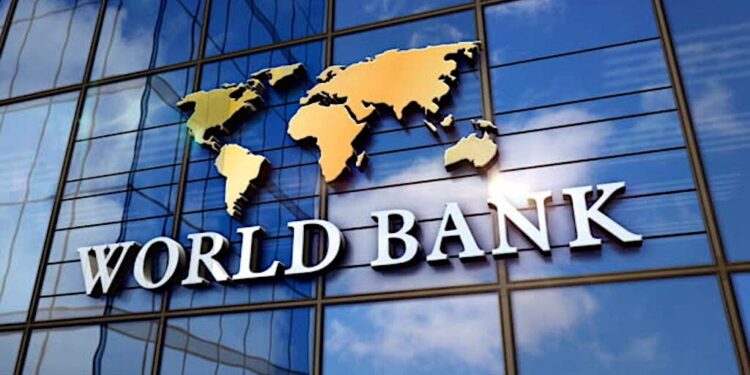The World Bank has approved a new $700 million loan to promote education and empowerment among adolescent girls in Nigeria. This financial support aims to further the ongoing Adolescent Girls Initiative for Learning and Empowerment program, as detailed in a statement released on the World Bank’s official website.
The Adolescent Girls Initiative for Learning and Empowerment program aims to enhance secondary education opportunities for girls in select states across Nigeria. This latest infusion of funds will not only expand the initiative’s reach but also broaden its focus. The program will now operate in a total of 18 states, with an increased emphasis on out-of-school girls, those in marital unions, and individuals with disabilities.
Nigeria faces a significant educational challenge, with an estimated 12 to 15 million children of school age out of school, particularly concentrated in the northern regions. Moreover, heightened insecurity in recent years has adversely affected schooling, impacting approximately one million children in 2020-2021. Against this backdrop, the Adolescent Girls Initiative has made remarkable strides.
In the seven states where the AGILE program is currently active – Borno, Ekiti, Kaduna, Kano, Katsina, Kebbi, and Plateau – the number of girls attending secondary school has surged from approximately 900,000 to over 1.6 million. This success can be attributed to various facets of the program, including the renovation of over 5,000 classrooms and the provision of scholarships to more than 250,000 eligible girls.
Furthermore, the AGILE program has facilitated the refurbishment of water, sanitation, and hygiene (WASH) facilities in secondary schools, along with the installation of computers and solar panels. These infrastructural improvements have made attending school more convenient and conducive for both genders. Additionally, the program encompasses life skills development, systems strengthening, and advocacy efforts aimed at addressing societal norms that hinder girls’ education.
Shubham Chaudhuri, the World Bank Country Director for Nigeria, emphasized the significance of closing gender gaps in economic empowerment by ensuring girls’ access to education and skills. He noted that investing in adolescent girls is vital for Nigeria’s development and economic prosperity, especially considering the country’s youthful and burgeoning workforce.
The benefits of this financing extend beyond the girls directly targeted by the program. Over 15 million students, as well as educators, administrators, families, communities, and staff in newly constructed schools, will also reap rewards. With this infusion of funds, the project is set to expand to 18 states, further contributing to improved education and health outcomes for girls across Nigeria.
Notably, this initiative complements previous efforts aimed at incentivizing female education. The parents and caregivers of approximately 300,000 economically disadvantaged female students in six states – Kaduna, Kano, Katsina, Sokoto, Kebbi, and Plateau – received N10,000 per term as incentives for schooling. Furthermore, N5,000 was granted to each girl’s parent upon program registration.
This latest loan approval from the World Bank underscores the commitment of both national and international stakeholders to uplift and empower adolescent girls in Nigeria. As the country prepares to harness the potential of one of the world’s youngest and largest working populations, these investments in education and skills development for girls will undoubtedly play a pivotal role in shaping Nigeria’s future and fostering economic growth.










